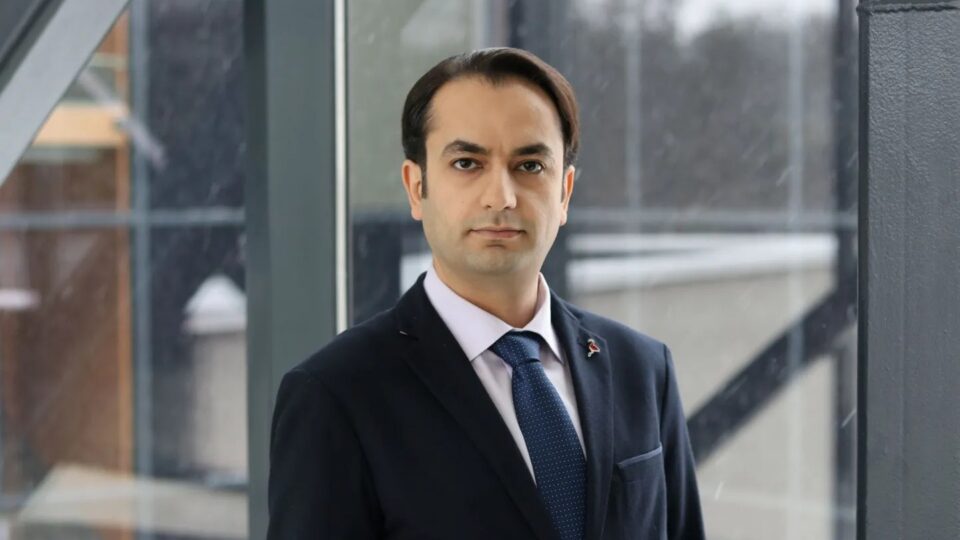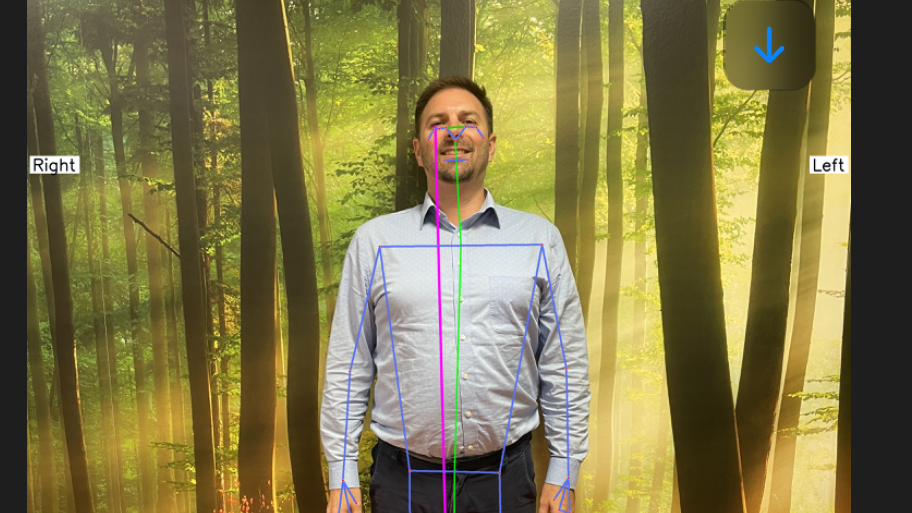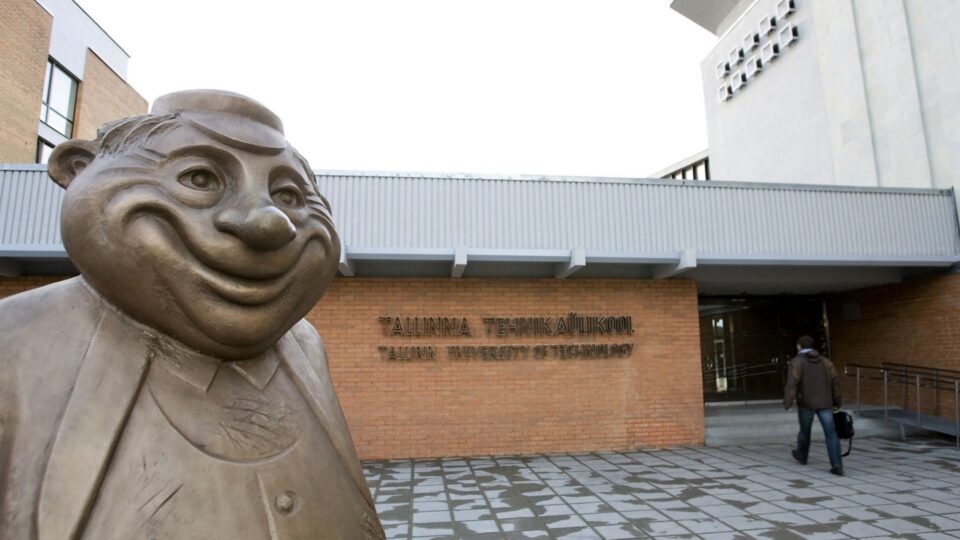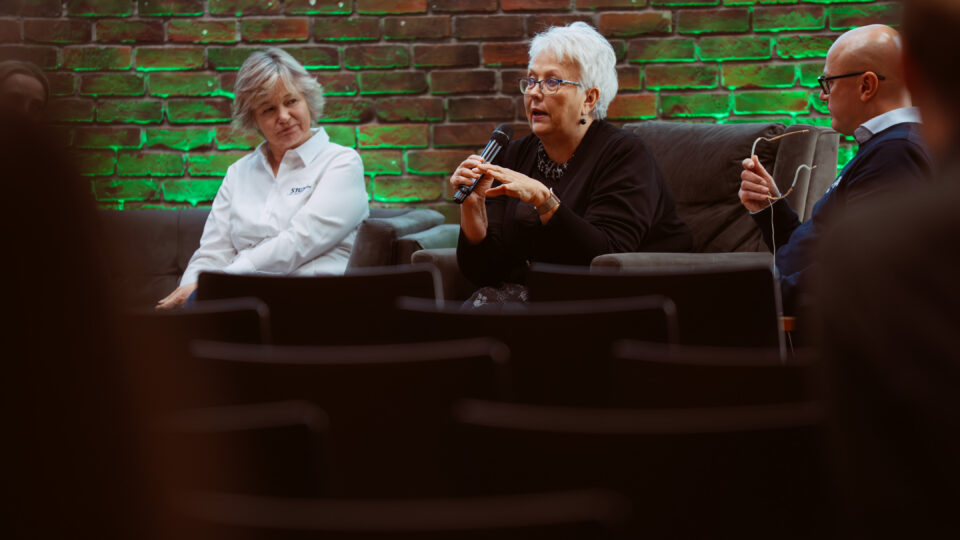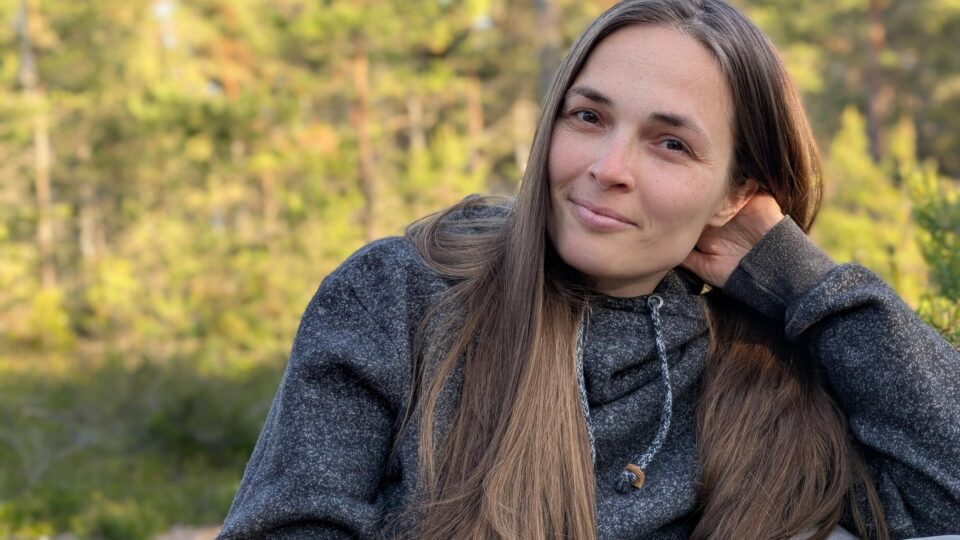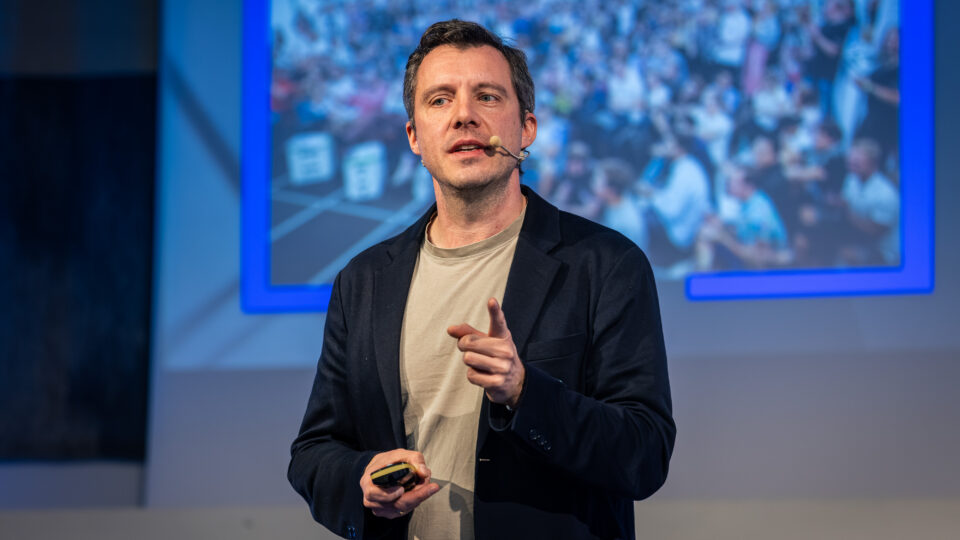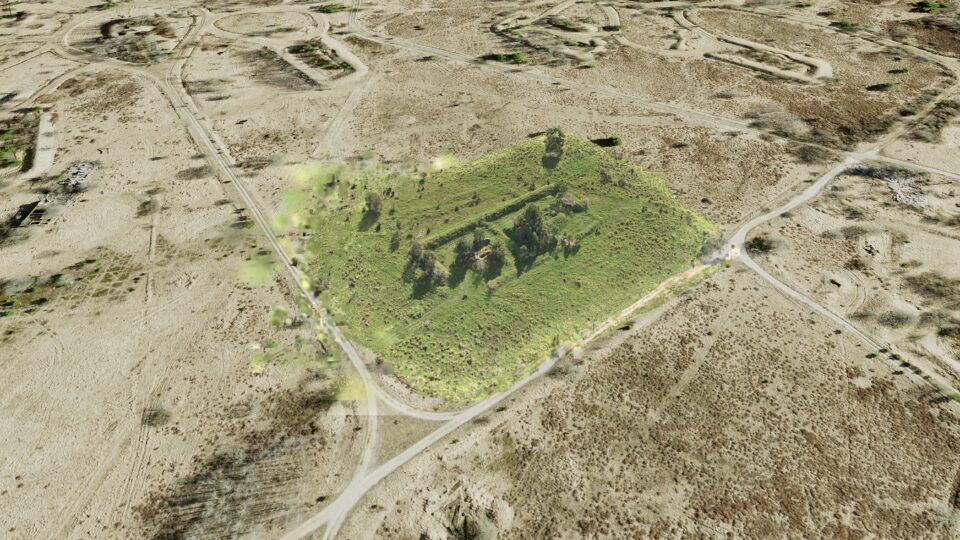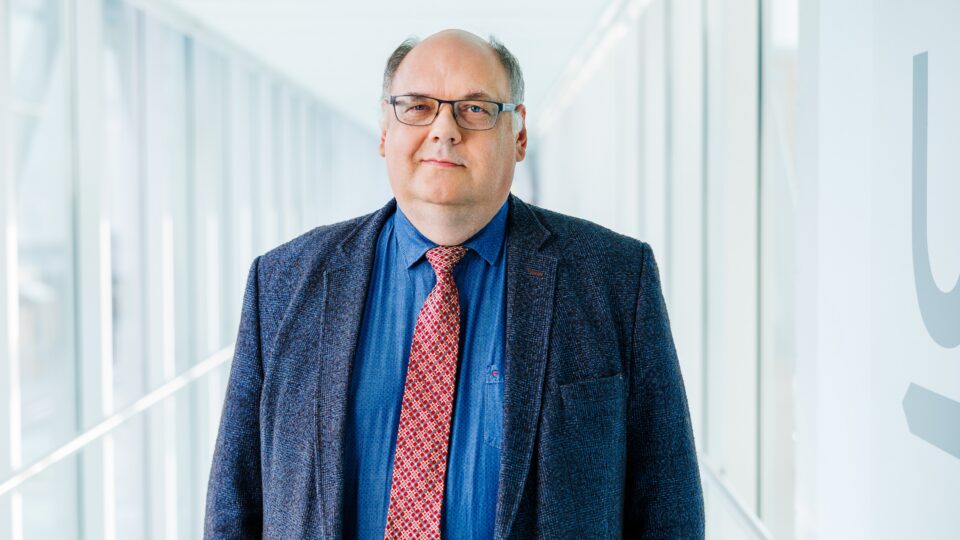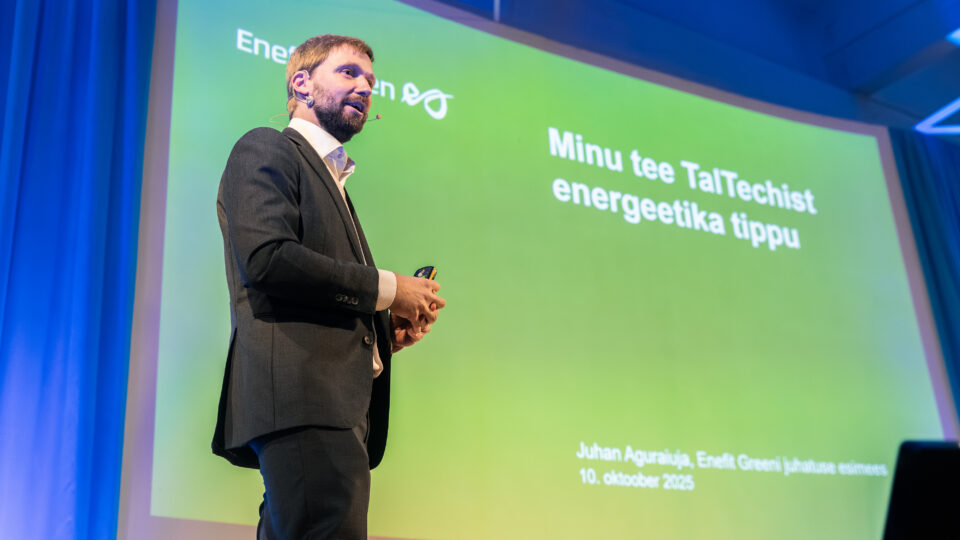Estonian peat has been historically used as fuel, last decades valorized as a gardening substrate, but new research shows it has the potential to play a key part in UV-blocking coating, protective cosmetics, smart packaging or next-generation bioplastics. By reimagining this familiar material, researchers are revealing possibilities that could reshape how Estonia uses one of its abundant natural resources.
Russia and China’s new gas project, Power of Siberia-2, could reshape global energy policy, strengthen Beijing’s hand and leave Europe’s gas market more exposed than before.
A new AI-powered posture analysis tool developed at TalTech’s Health and Space Technology Lab, in collaboration with RightStep, allows anyone to assess their body alignment using a single photo. The system was designed to be fast, private, and easy to use – and its origins stretch from space research to sports rehabilitation.
How can TalTech be shaped over the next decade into a driving force that cultivates engineers, generates technologies, and connects science with entrepreneurship? This question was tackled during the TalTech development strategy discussion “TalTech 2035 – Estonia’s Growth Platform of the Future?” by Vice-Rector for Entrepreneurship Erik Puura, Tehnopol CEO Agnes Roos, Head of the Innovation and Technology Department at the Ministry of Economic Affairs and Communications Sigrid Rajalo, and TalTech Council member and CFO of the tech company Helmes, Madis Margus.
The panel discussion at the university's health and food technology focus center’s specialty day showed that while Estonia’s vision is clear and effective solutions already exist, the sector still faces various obstacles such as bureaucracy, labor shortages, and fragmentation – there is a lack of a cooperation mechanism that would lead problems swiftly to solutions.
Favorable winds are blowing across the entrepreneurial landscape of Estonia’s only university of technology: the state is placing greater emphasis on science-based business. Caroline Rute, the new head of the university’s entrepreneurship department, calls it a “positive problem” – there is more interest and support than before, and now it’s time to turn those opportunities into tangible results.
Europe needs more courage, structure, and collaboration for science to generate new companies, emphasised Stefan Drüssler, CEO of UnternehmerTUM, Munich’s centre for business development, at the university’s engineering academy conference.
C2Grid, a spin-off company that emerged from TalTech's research activities, is developing digital twins based on drone videos, enabling the practice of crisis response and the planning of battlefield operations. Less than a year after its founding, the company has secured its first investment and is preparing to enter the market.
TalTech is preparing a new development plan that will define the university’s direction for the next decade. In an interview with Trialoog, Vice-Rector for Entrepreneurship Erik Puura says the university must be guided both by instinct and by a clear strategy.
Enefit Green CEO and TalTech alumnus Juhan Aguraiuja told the Energy Technology Institute’s Department Day that true leadership is achieved not only through education, but also through life experience. “No job is beneath you – everything must be done with complete seriousness and respect,” he said, emphasising that a good leader understands both the system and the people.

